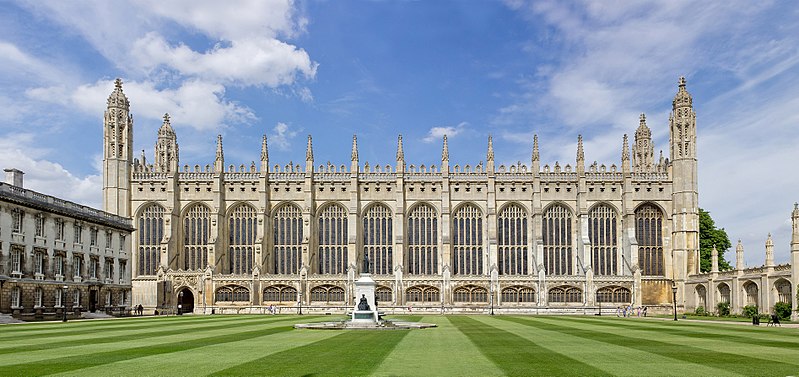
Cambridge City Council has approved the installation of solar panels on the roof of King's College Chapel, despite concerns about the potential impact on the building's historic beauty.
The college is planning to install 492 photovoltaic (PV) panels on the roof of the Grade 1 Listed building as part of its efforts to reduce its carbon emissions.
While the council weighed the historic importance of King's College Chapel and the need to decarbonize the city's buildings, Historic England expressed disappointment with the decision. The public body responsible for looking after England's historic environment said that the installation of solar panels would compromise the beauty of the chapel, albeit to a modest degree.
In response to the decision, Councillor Martin Smart, the chair of the planning committee, explained that the solar array would cause less than substantial harm, according to planning officers' advice. He added that the public benefit gained by installing the panels outweighed the less than substantial harm, and that on balance, the public benefit was greater. The planning committee unanimously voted to support the application.
King's College has committed to sustainability and aims to achieve net zero by 2050. The college said that the solar panels would not be visible from the ground and would not affect the building's structural integrity. The panels will generate approximately 150,000 kWh per year and reduce carbon emissions by approximately 80 tonnes per year.
While the installation of solar panels on historic buildings can be contentious, it is increasingly common. In recent years, a growing number of heritage buildings across the UK have installed solar panels as part of efforts to reduce carbon emissions and energy costs.
For example, the National Trust has installed solar panels on a number of its properties, including the Elizabethan manor house of Barrington Court in Somerset and the Tudor mansion of Sutton House in East London. The trust said that it had carefully considered the impact of solar panels on the historic fabric of its properties before installing them.
The installation of solar panels on King's College Chapel is a significant step towards reducing the carbon footprint of one of the UK's most iconic buildings. While concerns about the impact on historic beauty are understandable, the benefits of reducing carbon emissions and promoting sustainability are vital for addressing the challenges of climate change. By balancing the need for sustainability with the importance of preserving our cultural heritage, we can work towards a more sustainable and equitable future. Photo by Dmitry Tonkonog, Wikimedia commons.




































